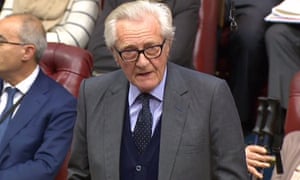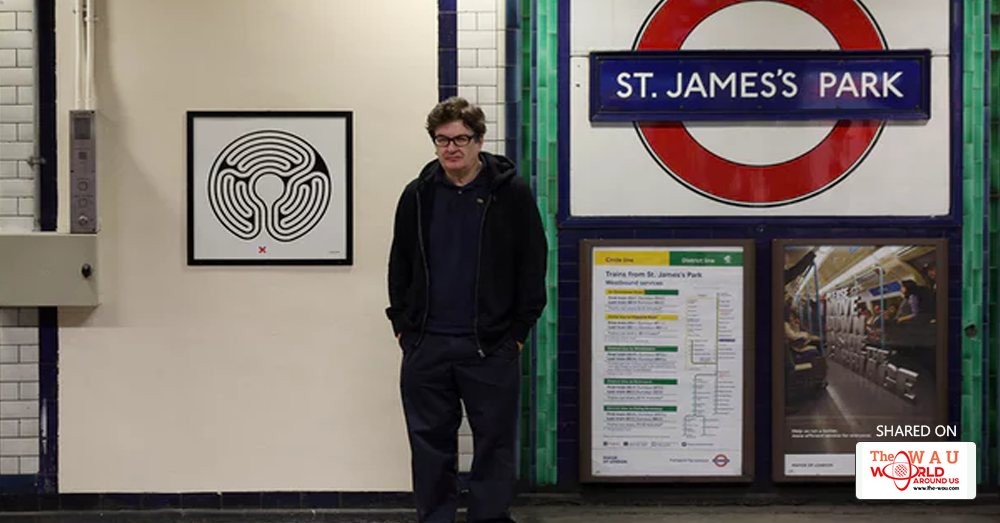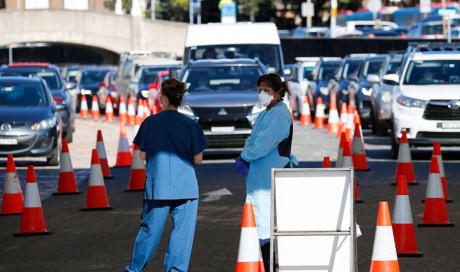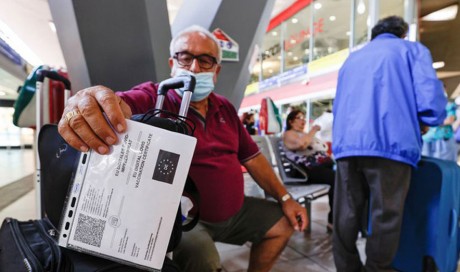Six out of 10 Britons want to keep their European Union citizenship after Brexit – including the rights to live, work, study and travel in the EU – and many would be prepared to pay large sums to do so, according to research led by the London School of Economics.
Support for retaining the rights is particularly strong among 18- to 24-year-olds, 85% of whom want to retain their EU citizenship in addition to their British citizenship. Around 80% of people living in London also want to maintain the same rights.
The findings come as pressure on Theresa May mounts from UK business groups, led by the CBI and Remain politicians in both houses of parliament, as well as cultural figures from across Europe, to pull back from her plans for a “hard Brexit” in favour of a deal that maintains the strongest possible trade and other links with the EU after the UK leaves in 2019.
When asked how much they would be prepared to pay to retain EU citizenship, the average sum cited by more than 2,000 respondents to the LSE project (including those who were opposed to the idea and would not want to pay anything) was more than £400.
Michael Bruter, professor of political science and European politics at the LSE, and his colleague Sarah Harrison at the LSE’s electoral psychology initiative (ECREP) worked on the research in conjunction with the polling firm Opinium.
Bruter said the research showed that young people in particular were “very unhappy” at the prospect of losing rights they regarded as fundamental and crucial to their future prospects. “They would paradoxically be willing to pay far more than they currently do [compared with the current per capita contribution to the EU budget made by UK citizens] to retain those rights,” he said.
The LSE/Opinium team found that 73% of voters would like either to protect or extend the rights that current citizens from other EU countries have to vote in the UK; 48% wanted to see the right to vote extended from local elections to general elections, while 25% wished to keep the status quo. Only 10% supported the government’s position of withdrawing EU citizens’ right to vote in local elections.
Leading European figures in culture, science and education, including physics professor and TV presenter Brian Cox and artist Mark Wallinger, will warn this week of the damage that a hard Brexit would do to the UK and the rest of Europe.
A two-page communique, seen by the Observer, will be published on Tuesday by the British Council – the body funded by the Foreign Office to promote cultural relationships and the understanding of different cultures between the UK and other countries. It said the day after the referendum that it would “find ways to continue to work in partnership with other European countries”.
The council drew up the document after running three major Brexit conferences this year in Berlin, Madrid and London, involving 500 leaders in education, culture and science from 32 European countries – described by one young participant as “an exercise in political imagination”.
The communique is endorsed by more than 400 arts, academic and scientific institutions and individuals, including the Creative Industries Federation, the British Museum, the Science Museum, the Tate, the National Portrait Gallery, the Royal Academy, the Royal Philharmonic Society, Rada, the universities of Oxford, Cambridge, Bristol and St Andrews, and – among others – Cox, Tristram Hunt, the director of the Victoria and Albert Museum, and the cellist and principal of Birmingham Conservatoire, Julian Lloyd Webber.
Wallinger, also endorsing the communique, told the Observer: “There should be no tariffs on the exchange of knowledge and ideas; no borders to creativity and research.”
Rebecca Walton, the British Council’s regional director, EU, said the three conferences had been held because, while there was a close focus on Britain’s position in the negotiations, there had been little analysis of the consequences of Brexit for the rest of Europe.
Laying out a vision of continued collaboration across the Channel, the communique says: “For centuries, British scholars, scientists and artists have worked and shared ideas with their European counterparts, producing an untold number of scientific breakthroughs, academic achievements and great works of art, enriching us culturally and economically. This exchange of ideas and creativity has survived wars and revolutions. We must ensure it survives Brexit.”
Last night former Conservative deputy prime minister Michael Heseltine said he believed public opinion was beginning to turn against the idea of Brexit as it became increasingly evident that it would mean economic and wider damage to the country, including the loss of rights for citizens.

Heseltine told the Observer that the House of Lords, in which there is a strong majority for Remain, would be ready to challenge the government at every turn while stopping short of trying to actually block its Brexit legislation.
“We will perform our constitutional duty to scrutinise the plans in every way we can,” he said. He predicted a series of clashes between the Commons and Lords, known as parliamentary “ping pong”, as Brexit bills are considered over the coming months.
In a speech to the LSE this week, the director-general of the CBI, Carolyn Fairbairn, will paint a grim picture of the impact that Theresa May’s plan to leave both the single market and customs union will have on the UK economy.
“In the last 40 years, EU integration has cut through complexity, making things simpler for business,” she will say. “The single market means one single set of rules for the whole EU – saving Europe’s 22 million firms time and money, while the customs union lowers even more barriers to trade.
“Even for something as everyday as a loaf of bread, EU rules cut through the complexity – and make things simpler for business and clearer for consumers.”
Share This Post















